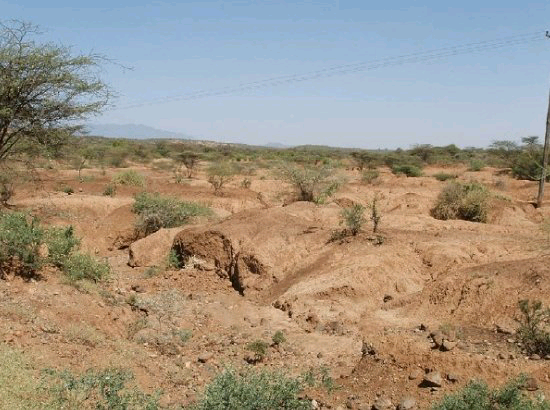The Federal Government, through the Agro-Climatic Resilience in Semi-Arid Landscapes (ACReSAL) project, has initiated a landmark effort to restore approximately one million hectares of degraded lands in Northern Nigeria.
National Project Coordinator, ACReSAL, Abdulhamid Umar, made this announcement during a stakeholder engagement on the development of strategic catchment management plans in wetland zones of Northern Nigeria.
The workshop aimed to derive a shared vision for ideal riparian catchments, building peace and considering opportunities for catchment management plans.
This initiative marks the first time the Nigerian Government is developing a catchment management plan of this magnitude, with guidance from the World Bank through the International Development Association (IDA).
The engagement will focus on interacting with strategic stakeholders in five states: Borno, Yobe, Jigawa, Bauchi, and Kano.
The Strategic Plan will facilitate ACReSAL’s Project Development Objective (PDO) to restore 1 million hectares of degraded land, benefiting 3.4 million direct beneficiaries, including 1.68 million women.
Catchment Management plans will integrate social and economic needs with natural ecosystems, ensuring long-term use of natural resources.
This comprehensive approach will provide scientifically guided decisions for environmental challenges and foster cooperation, coordination and social commitment.
The 20 strategic catchments are delineated from Nigeria’s Hydrological Areas (Has), covering five of the eight hydrological areas.
The ultimate goal is to strengthen the country’s long-term enabling environment for integrated climate-resilient landscape management.
Managing Director of Mecon Geology and Engineering Services Ltd, Mr. Chuka Offodile, assured quality data delivery to guide investments within the developed strategic catchment management plan.
Stakeholders lauded the federal government’s efforts to make lands in frontline states cultivate able, habitable, and usable.

